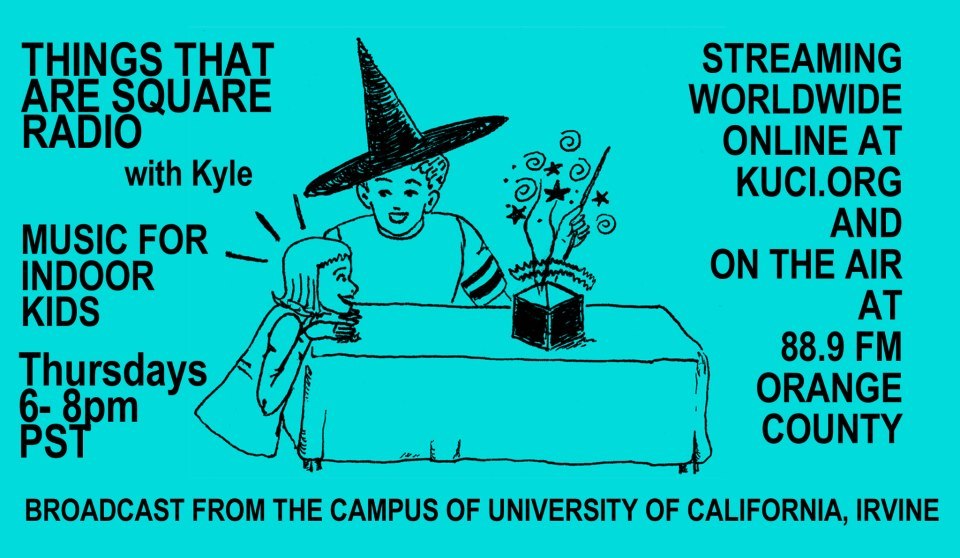Genre Research Project 84/1362: Algerian Chaabi
Chaabi is a traditional music of Algiers (Algeria), formalized by El Hadj M'Hamed El Anka.
Originally from the Casbah, Chaabi first appeared in the late 19th century, inspired by vocal traditions of Arab and Berber Andalusian music, also the home of Flamenco music. Chaabi simply means "folk" in Algerian.
A typical song features mournful, Arabic/Berber vocals, set against an orchestral backdrop of a dozen musicians, with violins and mandolins swelling and falling to a piano melody and the clap of percussion beats. While it shares many set themes with Flamenco - love, loss, exile, friendship and betrayal, Chaabi is part of a deeply conservative tradition and its lyrics often carrying a strong moral message.
At first Chaabi remained a scandalous genre, thriving behind closed doors or in specific locations called "Mahchachat" (cannabis dens), where the admirer of this music would go to drink coffee, tea or smoke. By the late 1950s, however, it had become the people's music, played at weddings and religious festivals; and El Hajj Muhammad El Anka, "the father of chaabi" also nicknamed "the cardinal", ran courses at the Algiers conservatoire. El Anka dedicated 50 years of his life to Chaabi, and died in 1978.


0 Comments:
Post a Comment
Subscribe to Post Comments [Atom]
<< Home